Drivers Test
1/152
There's no tags or description
Looks like no tags are added yet.
Name | Mastery | Learn | Test | Matching | Spaced |
|---|
No study sessions yet.
153 Terms
Minors shall not operate a motor vehicle between the hours of ___ unless driving to or from a scheduled event
10 p.m. and 5 a.m.
What are traffic signs three purposes
Regulate, Warn, and Inform
Red Sign
No, do not, or stop
Green
Direction or guidance
Yellow or yellow green
General warning
White
Regulatory, law or rule
Orange
road construction or repair warning
Blue
Driver services, such as food and lodging
Brown
Recreation and scenic area information
octagon
stop
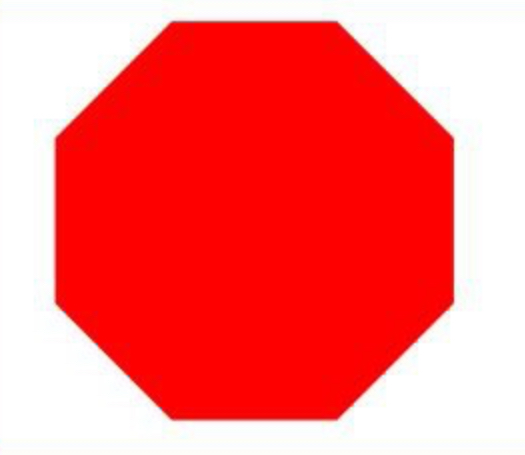
diamond
warning
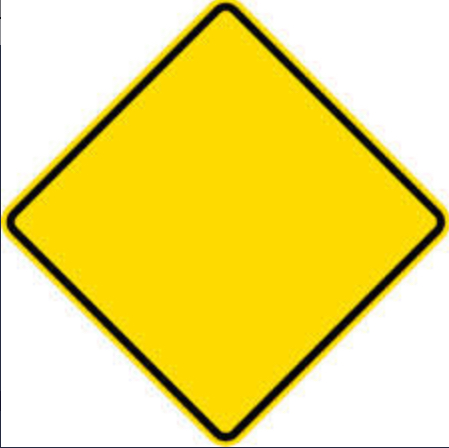
rectangle
Traffic regulations or directions to drivers
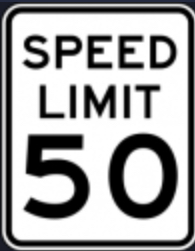
inverted triangle
yield the right of way
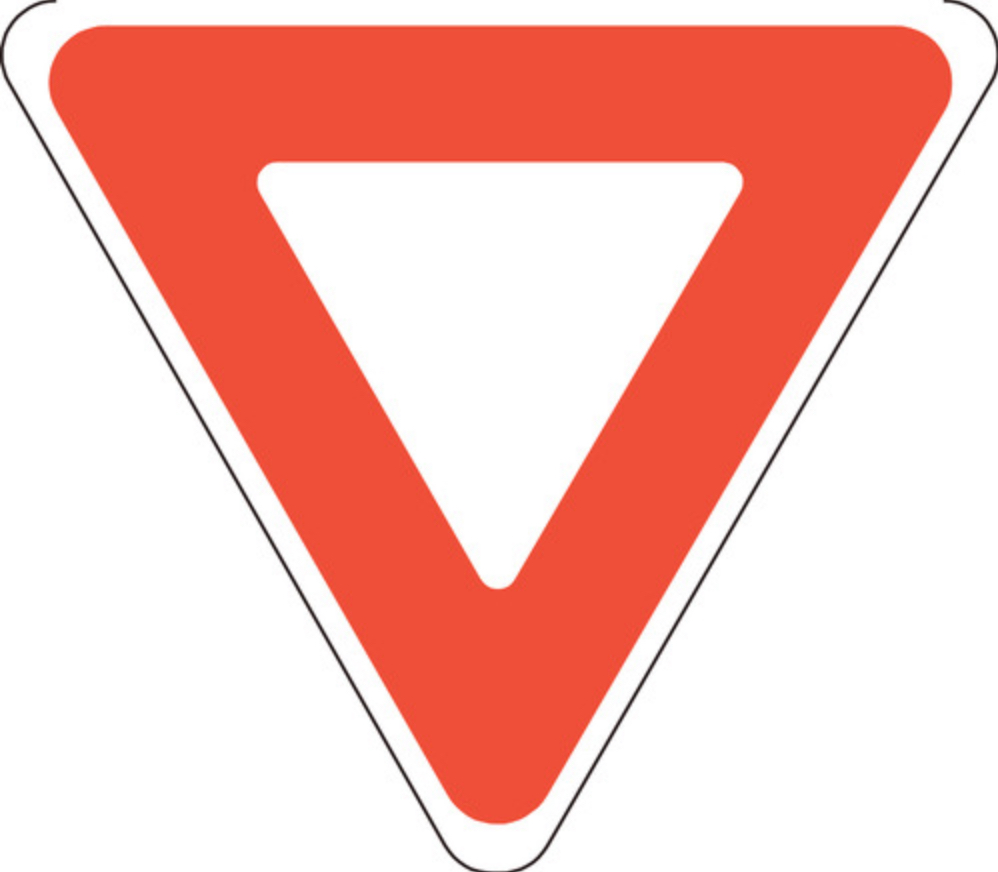
pennant
no passing
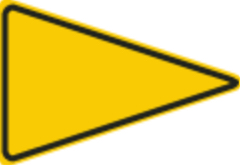
pentagon
school zone and school crossing
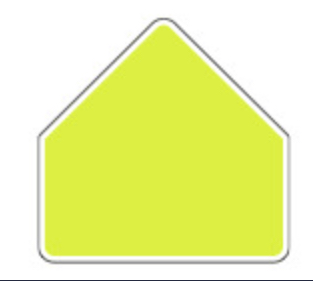
circle
Railroad crossing ahead
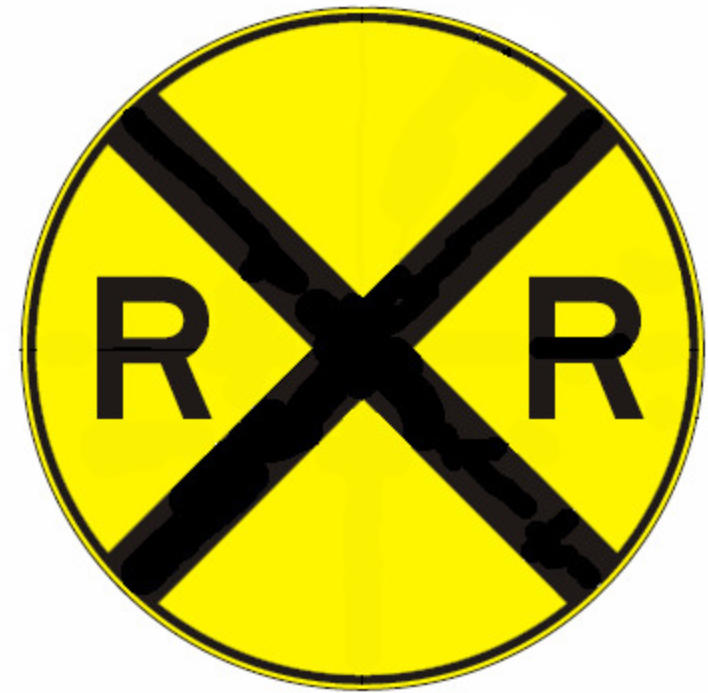
Crossbuck
actual railroad crossing
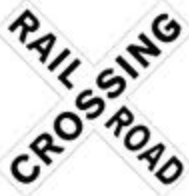
shield
route marker
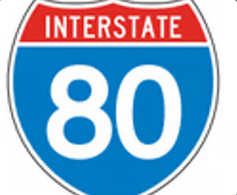
You may proceed without coming to a full stop if it is safe to do so
Yield Sign
Give right of way to pedestrians and through traffic
Yield Sign
red light
stop
yellow light
caution
Flashing red light
has the same meaning as a STOP SIGN
you must come to a full stop, then proceed with caution when the roadway is clear
Flashing yellow light
Proceed with caution
Red Arrow
Cannot make the movement shown by the arrow
Yellow Arrow
Signal is going to change to red and warns you to clear the intersection
Flashing yellow arrow
Drivers must yield to oncoming traffic and pedestrians
Green Arrow
Drivers may go in the direction shown by the arrow, but must yield to pedestrians, bicycles and traffic already in the intersection
Drivers may make a left turn at a red light only when…
you are turning from a one-way street onto another one-way street that has traffic moving to the left
Must yield right-of-way at a red light
to pedestrians and all other traffic that is moving as directed by the signal
Broken or dashed white lines
Mark traffic lanes on roads which have more than one lane moving in the same direction
Solid white lines
Separate lanes of traffic moving in the same direction
Yellow lines
Separate lanes of traffic moving in opposite directions
Broken or dashed yellow lines
You may pass when it is safe to do so
Solid yellow lines
Not to cross over or pass
Double yellow lines
You cannot pass if the lines on your side are solid
Crosswalk lines
Marked by solid white lines or various patterns. Always stop your vehicle before the crosswalk.
Stop lines
The wide white lines painted across a traffic lane before you enter the intersection, you must stop before you enter the intersection
Dotted white lines
May either indicate an extension of a lane line through an intersection or may indicate exit only lanes on a freeway
Center lanes
For left turns appear on many streets and roads. Most are marked on each side by solid yellow and broken yellow lines
Drivers may not travel more than ___ feet in a center lane before making a left-hand turn
200 feet
Drivers may not travel more than ___ feet in a center lane after making a left-hand turn
50 feet
Drivers must stop at least ___ feet from the tracks if a train is coming
15 feet
Never park within ___ feet of the nearest rail of a railroad
50 feet
If the signal lights are flashing at a railroad crossing
drivers must stop, they may proceed if no train is visible, or it is safe to cross
Speed limit in a school zone
15 or 25 mph
School speed limits are in effect
On school days from a half hour before school begins to a half hour after school ends
Flashing yellow lights in school zones
Tell drivers when the speed limit is in effect
Drivers are prohibited from making a U-turn in school zones except
When there are no children present, a day when there is no school in session, etc.
At an intersection where there are no traffic signs or signals, who gets the right of way?
The vehicle on your right
A vehicle already in the intersection has the right of way over others just getting there
true
Vehicles entering from a private drive must:
stop and yield to traffic on the public street
Who gets right of way at a four-way stop
The driver reaching the intersection first
Pedestrians in crosswalks or intersections have the right of way over vehicles
true
Reduced speed areas going into towns
45 t0 50 mph
Urban freeways, rural highways
65 mph
Rural interstate freeways
70+ mph
Use turn signal and accelerate to or near the speed of freeway traffic
Merging onto freeway
Driving speeds are frequently faster on freeways than on other highways, even though they have the same posted speed limits
To stay with the flow of traffic
Extreme left lane on freeway
For faster traffic
Search 20 to 30 seconds down the road on the freeway
True
A down green arrow with OPEN means
drivers are allowed to drive the posted speed limit in the lane below the green arrow
A yellow X with CAUTION means
drivers can use the lane under the yellow X. There could be slow traffic or potential debris in the lane so drivers should exercise caution.
A yellow X with MERGE means
the lane is ending and the driver should prepare to safely merge into another open lane.
A red X with CLOSED means
drivers cannot drive in the lane under the red X
HOV Lane: 2+ person vehicle
True
HOV Lane: Motorcycles
True
HOV Lane: Taxi/Lyft/Uber with driver only
False
When can you enter or exit HOV lanes?
When there is a dashed white line
To exit freeway
Enter the deceleration lane then gradually slow until your speed matches the posted exit ramp speed
Signal and move into the proper lane ____ before the freeway exit
A mile
ABS
Anti-lock Braking System
Anti-Lock Braking System (ABS)
Prevents skidding and allows drivers to steer during emergencies
Normal reaction times
2 to 2.5 seconds
Braking time
how much time it takes for the brakes and friction between the road and tires to stop your vehicle
Braking distance
how far your vehicle travels during braking time
How long does your braking distance become if you double your speed
Four times as far
Stopping distances on a wet highway may be more than double those on dry pavement
True
In heavy rainfall, vehicles "hydroplane" between speeds of ___
33 and 55 mph
At minimum, you should look ahead
At least 12 seconds
At freeway speeds, look ahead
20-30 seconds
Stay at least ___ seconds behind the vehicle in front of you
2 seconds
As your speed increases, so does the time and distance required for you to stop
True
The use of a cellular phone to engage in voice communications is prohibited unless
The device is used with a hands-free accessory
If you are stopped at night
Turn on interior light
Officers request ___ at traffic stops
License, registration, and proof of insurance
Traffic in a roundabout moves in one direction
Counterclockwise
Entering traffic at a roundabout must yield right of way to
traffic circulating within the roundabout
Use your right turn signal when exiting roundabout
True
Bicyclists use hand signals when exiting roundabouts
True
Pedestrians never cross to central island of roundabout
True
Left Turn hand signal
Extended arm horizontally
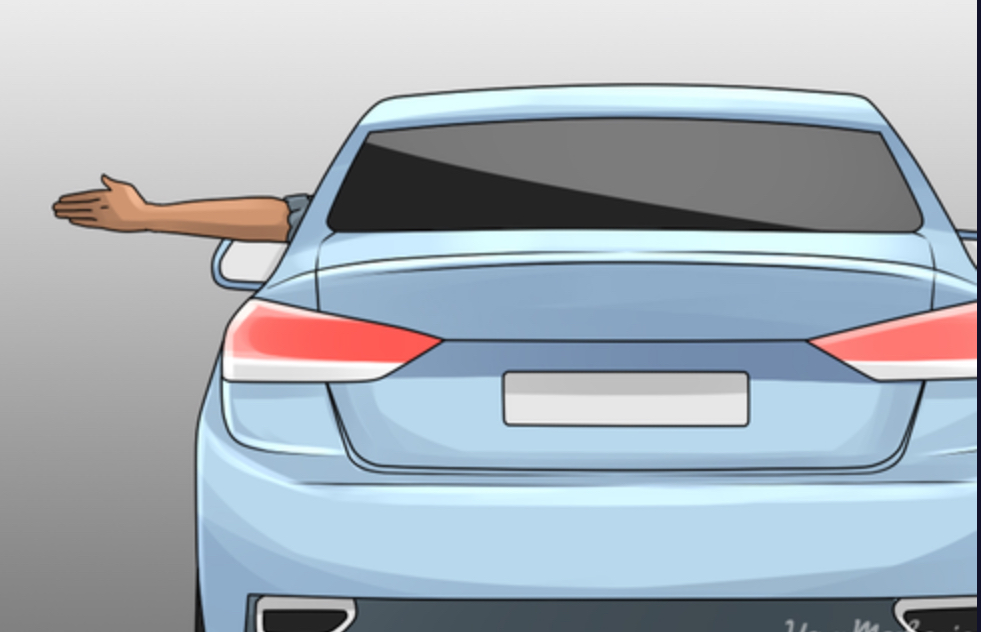
Right Turn hand signal
Extended arm with elbow bent upward
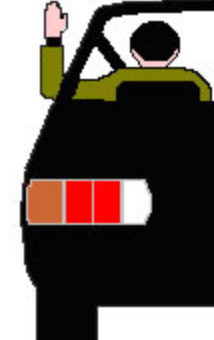
Slowing or stop hand signal
Extend left arm downward, with palm of hand to the rear
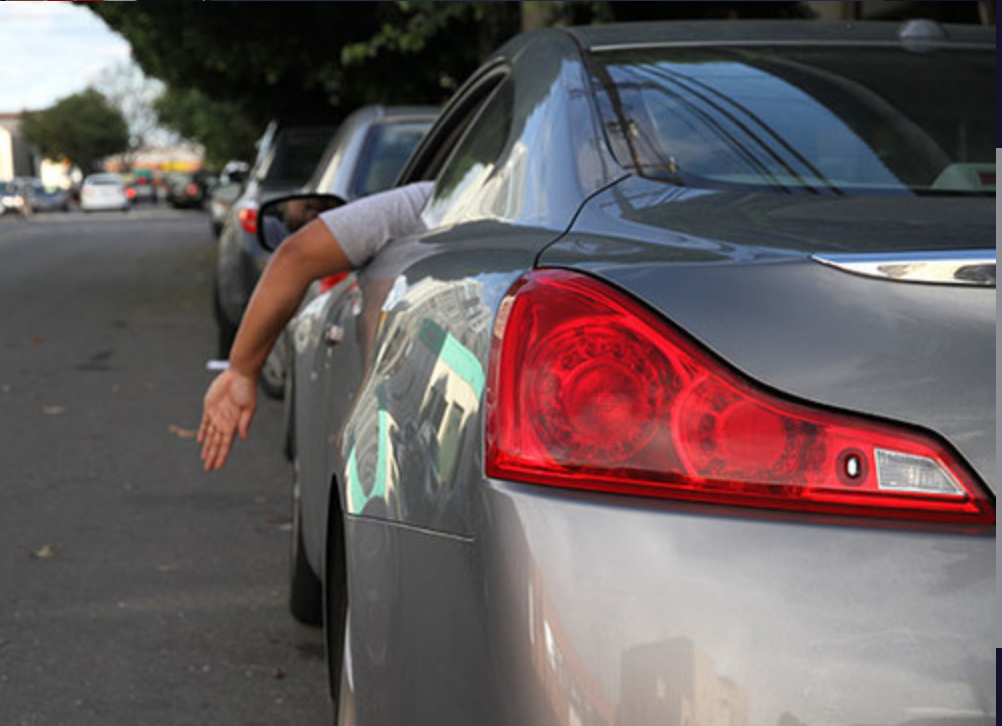
Signal your turn at least ___ on city streets
100 feet ahead (about 10 cars lengths)
Signal your turn at least ___ on open highways
300 feet ahead (30 car lengths)
To turn right
You must be in the extreme right-hand travel lane or a lane designated for right turns
To change lanes, signal ahead ___ on city streets
100 feet (10 car lengths)
To change lanes, signal ahead ___ on highways
300 feet (30 car lengths)
Do not change lanes in an intersection
True